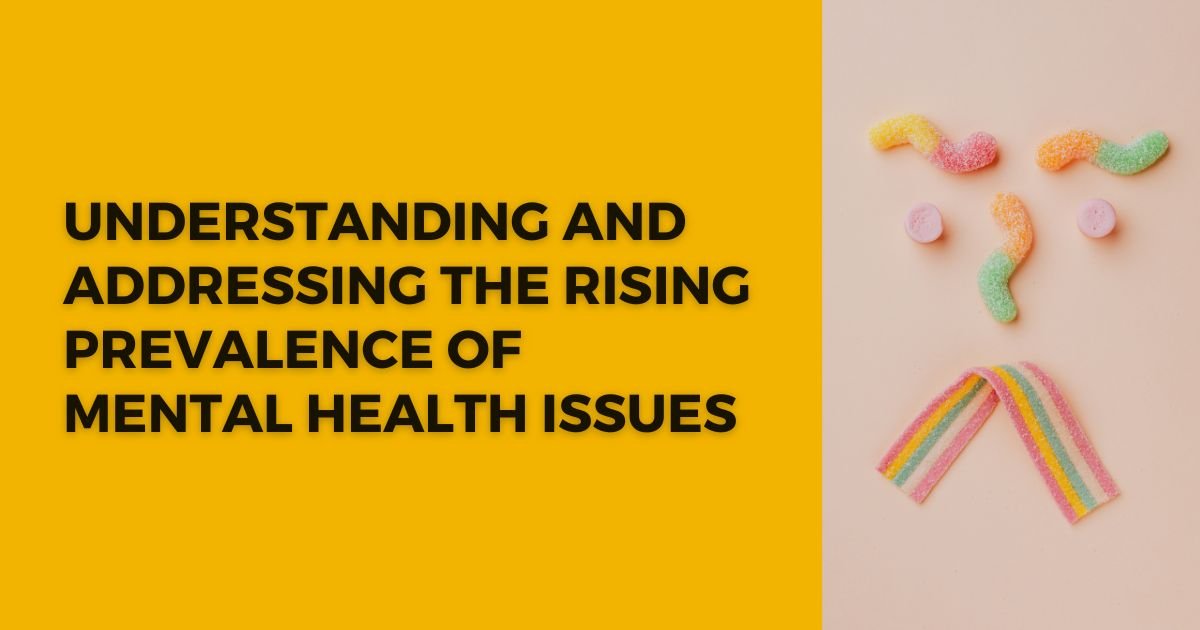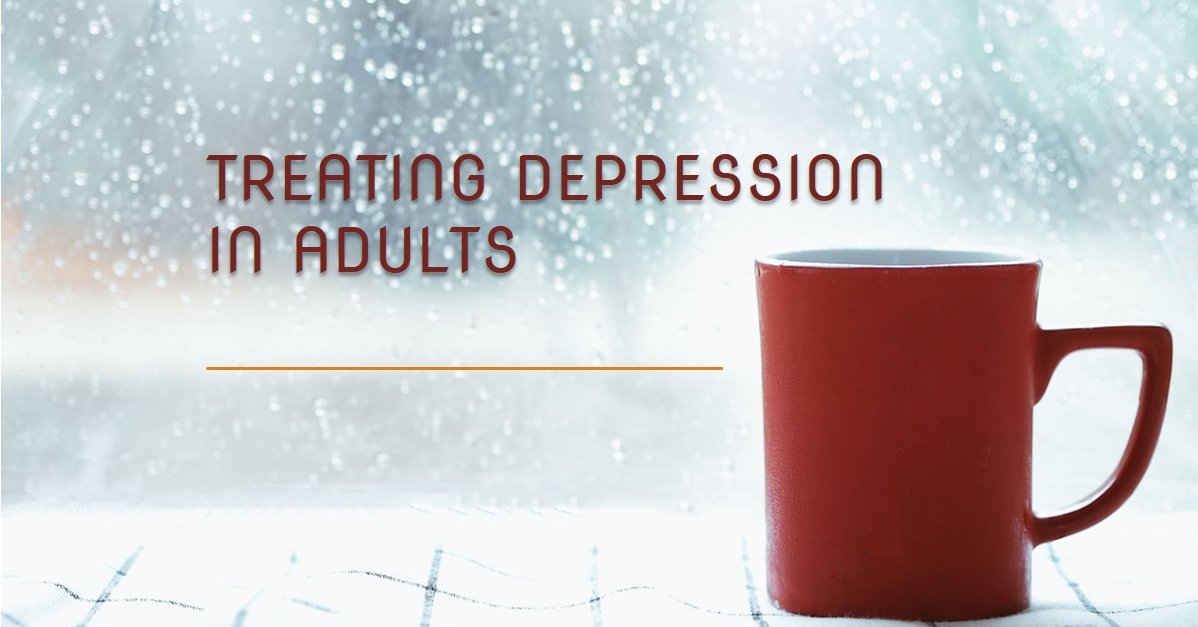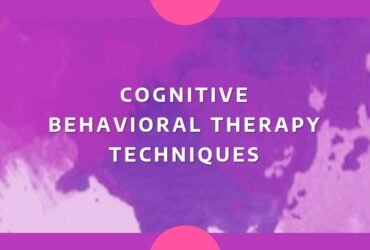Depression is a prevalent mental health condition that affects millions of adults worldwide. In this article, we will explore various treatment options available for adults grappling with depression and emphasize the importance of seeking timely help.
Table of Contents
Common Symptoms of Depression
Before delving into treatment options, it’s crucial to recognize the common symptoms of depression in adults. Persistent feelings of sadness, changes in appetite, sleep disturbances, and a loss of interest in activities once enjoyed are some signs that should not be ignored.
Importance of Timely Treatment
Addressing depression promptly is vital for mental well-being. Delaying treatment can lead to exacerbated symptoms and potential long-term consequences, impacting both personal and professional aspects of life.
Traditional Therapies
Psychotherapy
Psychotherapy, also known as talk therapy, involves discussions with a trained mental health professional. It helps individuals explore and understand the root causes of their depression.
Cognitive Behavioral Therapy (CBT)
CBT is a widely used therapeutic approach that focuses on changing negative thought patterns and behaviors. It equips individuals with practical skills to manage and overcome depressive symptoms.
Medication Options
Antidepressants and their Types
Medications can play a crucial role in managing depression. Antidepressants, such as SSRIs and SNRIs, are commonly prescribed, but it’s essential to consult with a healthcare professional to determine the most suitable option.
Consultation with a Healthcare Professional
Self-medication is not recommended. Consulting with a healthcare professional ensures a tailored approach, considering individual needs and potential side effects.
Lifestyle Changes
Exercise and its Role
Regular exercise has proven benefits for mental health. Engaging in physical activity releases endorphins, promoting a positive mood and reducing depressive symptoms.
Dietary Considerations
A balanced diet rich in essential nutrients contributes to overall well-being. Certain foods, like omega-3 fatty acids, have been linked to improved mental health.
Alternative Therapies
Yoga and Mindfulness
Mind-body practices like yoga and mindfulness meditation promote relaxation and can be effective in managing depressive symptoms.
Acupuncture and Massage Therapy
Alternative therapies, such as acupuncture and massage, are gaining recognition for their potential in alleviating symptoms of depression.
Support Groups
Benefits of Joining a Community
Sharing experiences with others facing similar challenges in support groups fosters a sense of belonging and understanding, reducing feelings of isolation.
Sharing Experiences
Discussing personal experiences in a supportive environment can provide valuable insights and coping strategies.
Challenges in Finding the Right Treatment
Individual Variations in Response
Each person responds differently to treatment, and finding the right approach may require patience and experimentation.
Patience and Persistence
Overcoming depression is a gradual process. Patience and persistence are key when facing challenges in the treatment journey.
Integrative Approaches
Combining Therapies for Holistic Treatment
Integrative approaches that combine traditional and alternative therapies offer a holistic treatment plan tailored to individual needs.
Personalized Treatment Plans
Recognizing the uniqueness of each individual, mental health professionals create personalized treatment plans to address specific symptoms and challenges.
Seeking Professional Help
Importance of Consulting a Mental Health Expert
While self-help strategies can be beneficial, consulting a mental health expert ensures accurate diagnosis and a comprehensive treatment plan.
Overcoming Stigma
Breaking down societal stigmas associated with mental health is crucial for individuals to seek professional help without fear of judgment.
Factors Influencing Treatment Success
Consistency in Therapy Sessions
Regular attendance of therapy sessions enhances the effectiveness of treatment plans.
Medication Adherence
Adhering to prescribed medications is essential for long-term success in managing depression.
Coping Strategies
Building a Support Network
Having a strong support network of friends and family provides emotional assistance during challenging times.
Managing Stress
Learning effective stress management techniques is crucial for individuals with depression to prevent exacerbation of symptoms.
Overcoming Relapses
Recognizing Warning Signs
Understanding warning signs of relapse equips individuals to take proactive measures in adjusting treatment plans.
Adjusting Treatment Plans
Modifying treatment plans in response to changing needs and circumstances is a normal part of the recovery process.
Conclusion
In conclusion, the journey to overcoming depression involves a multifaceted approach. From traditional therapies to alternative methods and lifestyle changes, finding the right combination is key. Seeking professional help, building a support network, and staying committed to treatment plans contribute to long-term success in managing depression.
FAQs
-
How long does it take for antidepressants to show results?
Antidepressants may take a few weeks to a few months to show noticeable effects. It varies from person to person.
-
Is therapy alone sufficient for treating depression?
For some individuals, therapy alone may be effective, while others may benefit from a combination of therapy and medication.
-
Can lifestyle changes really make a difference in managing depression?
Yes, adopting a healthy lifestyle, including regular exercise and a balanced diet, can significantly impact mood and overall well-being.
-
Are support groups only for severe cases of depression?
Support groups are beneficial for individuals at various stages of depression, providing a sense of community and understanding.
-
What should I do if I notice signs of relapse in myself or a loved one?
Contact a mental health professional promptly and discuss the observed signs for appropriate adjustments to the treatment plan.
Remember, seeking professional guidance is a strength, and personalized approaches can make a significant difference. As you embark on your journey towards better mental health, stay informed, stay resilient, and prioritize self-care. To read more such articles offering insights and support, click here. Your journey to mental wellness is a continuous process, and the more knowledge you gather, the better equipped you are to navigate it successfully.














Leave a Reply
View Comments